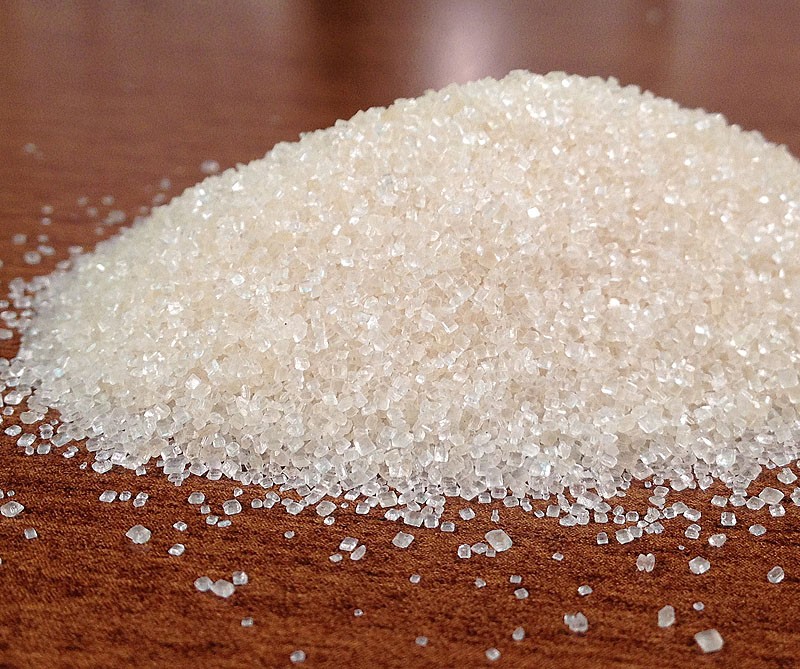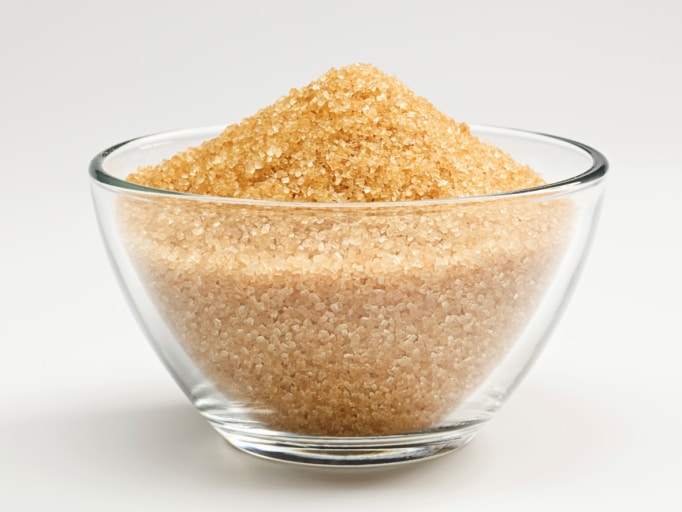An In-depth Introduction of the Health and Economic Effects of Walking Cane Sugar Processing on Regional Communities
Walking cane sugar processing plays a crucial role fit the financial landscape of local neighborhoods, offering employment possibility and promoting ancillary industries. Nevertheless, the wellness implications associated with high sugar usage can not be forgotten, as they contribute to rising rates of weight problems and diabetes mellitus. This nuanced dynamic invites a critical exam of just how neighborhoods can optimize economic gains while resolving the pushing health and wellness challenges they encounter. The expedition of lasting techniques and instructional campaigns may simply hold the secret to integrating these clashing passions. What techniques might communities implement to achieve this balance?
Economic Advantages of Walking Cane Sugar Handling
Walking cane sugar handling uses considerable economic benefits that expand past the prompt farming industry. The farming and handling of sugarcane develop numerous work opportunities, from farming to manufacturing and distribution. This employment generation not just sustains neighborhood economies however likewise cultivates community growth by providing stable earnings resources for family members.
Moreover, the sugar industry boosts supplementary organizations, consisting of transport, tools supply, and product packaging services (Cane Sugar Processing). As these sectors grow, they add to a much more robust financial structure, improving general neighborhood resilience. The export possibility of processed walking cane sugar better enhances financial advantages, positioning areas as affordable gamers in worldwide markets
Financial investment in modern-day handling facilities can result in boosted productivity and efficiency, thereby decreasing waste and enhancing resource usage. This shift not only profits the neighborhood economy yet also supports sustainability initiatives by minimizing environmental influences.
Moreover, the profits created from walking cane sugar processing can be reinvested in neighborhood facilities, education, and medical care, advertising holistic community development. Generally, the economic benefits of cane sugar processing are complex, offering a structure for enduring success in agricultural areas.
Health Dangers Connected With Sugar Consumption
Extreme sugar intake poses considerable health risks that warrant serious focus. High consumption of sugarcoated, especially from refined drinks and foods, has been connected to various health and wellness problems. Among one of the most important worries is weight problems, as sugary diet regimens add to an enhanced calorie consumption without offering necessary nutrients. This excess can bring about metabolic problems, consisting of kind 2 diabetic issues, which has become increasingly widespread in both kids and adults - Cane Sugar Processing.
Moreover, high sugar usage is connected with cardio disease. Raised blood sugar level levels can bring about insulin resistance, a forerunner to various heart-related concerns. Additionally, sugar can have damaging impacts on dental wellness, causing dental caries and periodontal illness, as germs in the mouth grow on sugar, producing acids that deteriorate tooth enamel.
Additionally, arising study suggests a possible link between high sugar intake and mental health problems, such as anxiety and anxiety. As communities grapple with these health risks, it comes to be vital to promote understanding and motivate much healthier dietary choices. Addressing sugar usage is important not just for individual wellness but likewise for the overall health of local areas, emphasizing the requirement for extensive public wellness methods.
Environmental Impacts of Sugar Production
Often forgotten in conversations regarding sugar's ramifications is the substantial environmental influence of sugar production. The farming of sugarcane usually requires comprehensive land usage, bring about deforestation, loss of biodiversity, and disturbance of neighborhood ecosystems. The conversion of woodlands and marshes right into sugar ranches can cause environment damage, harmful numerous varieties and modifying eco-friendly balance.
Furthermore, sugar production is resource-intensive, consuming substantial quantities of water for irrigation. This can lead to exhaustion of neighborhood water resources, adversely influencing both about his farming methods and area accessibility to tidy water. Furthermore, the usage of chemical fertilizers and pesticides in sugarcane farming can add to soil destruction and water contamination, as runoff from these chemicals goes into neighboring rivers and lakes, impacting aquatic life and human health.
The ecological footprint reaches the processing stage, where energy consumption and waste generation additional worsen eco-friendly concerns. Air pollution from shedding sugarcane areas, together with greenhouse gas discharges, contribute to environment modification. As such, the ecological effects of sugar production warrant serious consideration, prompting stakeholders to take on more sustainable techniques to mitigate these damaging results on neighborhood ecological communities and communities.
Task Production and Community Advancement
The environmental challenges postured by sugar manufacturing are frequently counteracted by its possibility for financial benefits, particularly in task creation and area advancement. The cane sugar sector offers as a significant source of employment in several backwoods, providing tasks throughout numerous ability degrees, from agricultural labor to handling and circulation duties. This work not only supports specific family members however also contributes to the total economic vigor of neighborhood areas.
Furthermore, the facility of sugar handling facilities promotes secondary businesses, such as transportation services, devices supply, and upkeep companies. As these businesses grow, they create added tasks and boost local economic climates. The revenue generated from the sugar sector likewise leads to enhanced tax obligation profits, which can be reinvested right into social work such as healthcare, education, and facilities development.
Furthermore, the sugar sector commonly takes part in community development campaigns, such as supporting regional schools and wellness programs, thereby boosting the high quality of life for residents. By fostering solid area ties and promoting economic growth, the walking stick sugar processing industry plays an essential function in uplifting neighborhood populaces, making it a vital component of sustainable advancement approaches in sugar-producing regions.
Harmonizing Health and Economic Growth
In navigating the intricacies of walking cane sugar processing, a vital obstacle hinges on stabilizing wellness factors to consider with economic development. The sugar sector considerably contributes to local economic situations by creating work, promoting related sectors, and increasing tax incomes. Nonetheless, the health and wellness this contact form ramifications related to excessive sugar intake can result in persistent conditions such as excessive weight, diabetes, and cardio problems, which can problem public health systems and decrease workforce performance.

In addition, regulatory structures can play a critical role in guiding sector techniques towards more health-conscious and sustainable methods. By cultivating collaboration in between government bodies, wellness organizations, and the sugar sector, communities can navigate the duality of health and wellness and economic growth, making certain that the advantages of walking stick sugar processing are equitably shared while focusing on public health.
Conclusion
In verdict, the processing of walking stick sugar provides both significant financial benefits and remarkable health risks for local neighborhoods. While it promotes work development and promotes local advancement, the associated wellness concerns, specifically concerning weight problems over here and diabetic issues, demand a cautious harmonizing act. By advertising responsible consumption and investing in community education and lasting methods, it is possible to make best use of economic benefits while reducing unfavorable health and wellness effects, therefore making certain a much healthier future for local populaces.
Furthermore, sugar can have harmful results on oral health and wellness, resulting in cavities and gum tissue illness, as germs in the mouth flourish on sugar, creating acids that deteriorate tooth enamel.
Dealing with sugar intake is essential not only for individual wellness but additionally for the total health of regional neighborhoods, highlighting the demand for extensive public health and wellness strategies.
Regularly overlooked in discussions concerning sugar's effects is the considerable ecological effect of sugar production. The health implications linked with excessive sugar consumption can lead to persistent conditions such as obesity, diabetes mellitus, and cardiovascular concerns, which can worry public health and wellness systems and reduce workforce productivity.
